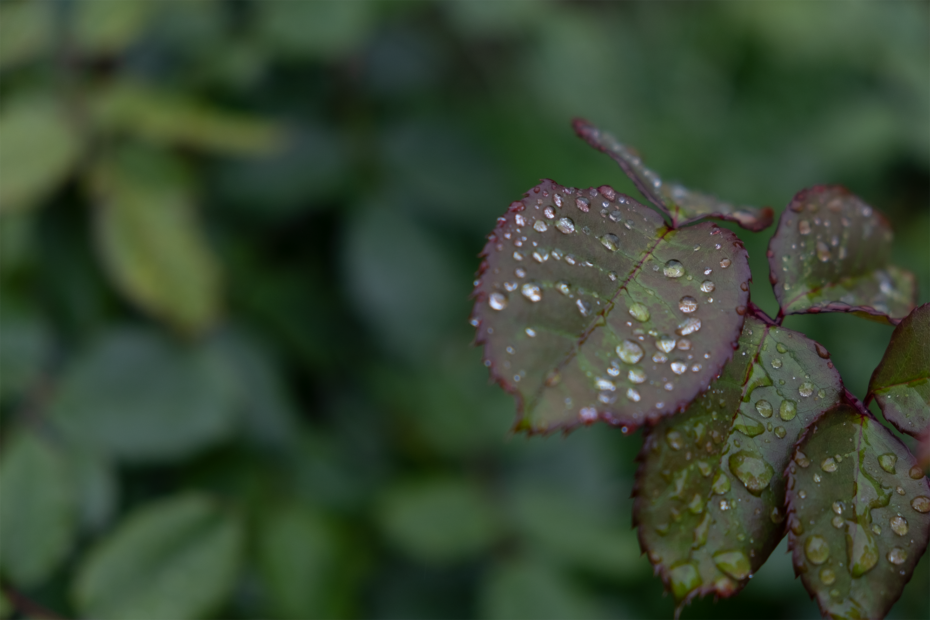“There were times… when not knowing was the biggest truth, and you had to stay with that.”
― Rachel Joyce, The Unlikely Pilgrimage of Harold Fry
What would I say if no one could hear me? What is it like to be completely alone? Even though I live by myself, I am not alone. There are people to call, people who call me, people I see, interactions every day. But what would it be like to to be completely cut off? No one to call, not even a greeting on the the street, in a store. For even the most introverted among us it would be hell. Humans are wired to connect, even those already comfortable with alone time. It’s part of out survival. For those of us who feel scared right now and I would guess that’s most of us, is this our deepest fear?
This time of pandemic is in part about letting go. This is about having no control, ultimately. This is us getting a glimpse of what scarcity could like. This is feeling the fear that so many have long felt, have lived with every day. This is knowing that for the most vulnerable, their pain is multiplied. This is seeing (again) that some leaders are honest, courageous and vulnerable. This is seeing (again) that for some in power, there is no bottom, and that instead of extending a hand, they would prefer to climb over us to make it to safety. This is us feeling the pain of not knowing what’s next. This is gratitude for what many have considered the everyday: food and toilet paper. This is deep appreciation for frontline workers: doctors, nurses, all hospital and clinic workers, grocery store employees, delivery people, anyone who is still out there working and keeping the world running . This is me maintaining hope, even as I am scared and sad and angry.
A story: many years ago, I was in San Francisco’s financial district, walking to work. It was pouring rain and the sidewalks were slick. I slipped and fell, landing on my butt. I wasn’t hurt, but a little embarrassed and not confident that I could easily get up from such an awkward position, in heels. Suddenly I felt a hand cup my elbow and I was on my feet. This took maybe three seconds, and all I saw was the back of a trench-coated man moving swiftly down the sidewalk. My hero. It was maybe a small act for him, but I have never forgotten the kindness of this stranger. He turned an awkward moment into something graceful and almost cinematic, at least in my mind. And I ask myself if I’ve performed small kind acts that I’ve long forgotten but that maybe live on in others’ memories. I think I have. I think you have, as well.
It is way too soon to know what the world will look like when this pandemic is over, but I do need my hope mixed with a lot of imagination. I’m wondering if starting now and going forward, we can stay focused on what matters. And what matters? Lives saved, honoring those who have passed on, acts of kindness, staying connected with loved one and with strangers, too. And maybe we will start to think less in terms of strangers. Maybe each one of these people we read about or think about, people who suffer, who hope and dream, just as we do, will no longer be strangers, at least not in our hearts and minds.
